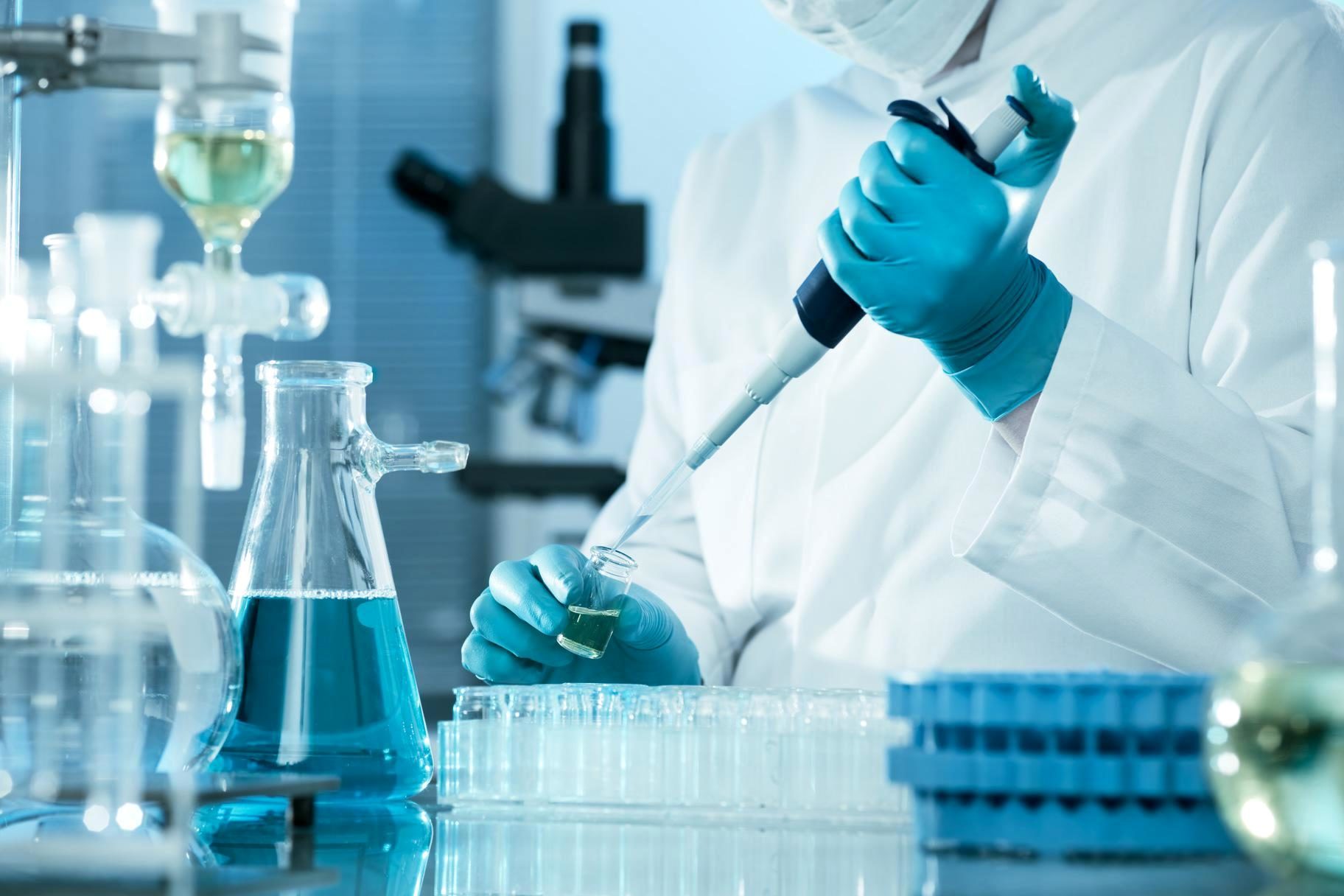ASTM E606 Low Cycle Fatigue Testing with Chemical Safety Consideration
The ASTM E606 standard provides a framework for conducting low cycle fatigue (LCF) testing, which is critical in assessing the durability and reliability of materials under cyclic loading. This service focuses on ASTM E606 LCF testing with additional chemical safety considerations to ensure that the materials being tested are not only robust but also safe when exposed to various chemicals.
Low cycle fatigue refers to a type of mechanical fatigue where the stress levels exceed the material's yield point, causing micro-cracks and eventual failure. Understanding how different chemicals interact with these materials is essential for ensuring they meet safety and performance standards in real-world applications. This service integrates chemical compatibility testing into ASTM E606 LCF protocols.
The process typically begins with a thorough examination of the material's properties using advanced spectroscopy techniques to understand its composition and potential reaction sites. Once this analysis is complete, we can proceed with ASTM E606 LCF tests under controlled environmental conditions that simulate real-world scenarios. This includes not only mechanical loading but also exposure to various chemicals.
Chemical safety considerations are integral to the testing process because they ensure that materials do not degrade or become hazardous during prolonged use. For instance, certain lubricants and coolants used in automotive components can accelerate fatigue if not properly selected. By incorporating chemical compatibility tests into our ASTM E606 LCF protocol, we can identify potential issues early on and recommend adjustments to improve both performance and safety.
In addition to the standard ASTM E606 requirements, this service also includes:
- Identification of critical stress points in the material structure
- Analysis of chemical compatibility with lubricants and coolants
- Evaluation of long-term exposure to environmental factors such as temperature and humidity
- Assessment of fatigue life under realistic loading conditions
The combination of ASTM E606 LCF testing and chemical safety considerations ensures that the materials we test are not only durable but also safe for use in automotive applications.
| Test Specimen | Expected Stress Levels | Environmental Conditions | Chemical Exposure |
|---|---|---|---|
| Absorbent polymer composite | 50% yield point stress for 10,000 cycles | 23°C ± 2°C and 40% RH ± 5% RH | Distilled water and automotive coolant with varying concentrations of ethylene glycol |
| Titanium alloy | 70% yield point stress for 1,000 cycles | -20°C to +85°C | Sodium chloride solution (3.6%) and ethanolamine water solution at room temperature |
| Copper alloy | 45% yield point stress for 1,500 cycles | 23°C ± 2°C and 70% RH ± 5% RH | Sulfuric acid solution (96%) and acetone |
The data generated from these tests provides valuable insights into the material's behavior under extreme conditions, helping to optimize design parameters for enhanced performance and safety. Our team of experts ensures that every aspect of the testing process adheres strictly to ASTM E606 standards while incorporating chemical safety considerations.
Frequently Asked Questions
Customer Impact and Satisfaction
- Enhanced reliability of materials used in critical automotive components
- Reduced risk of material degradation leading to failures during operation
- Increased confidence in the safety and performance of tested materials
- Cost savings through early detection of potential issues before full-scale production
- Improved product quality and compliance with industry standards
- Enhanced reputation among customers, suppliers, and regulatory bodies
The customer satisfaction derived from this service is reflected in the consistent high-quality results that meet or exceed ASTM E606 requirements. Our clients appreciate the comprehensive nature of our testing approach, which not only assesses mechanical properties but also evaluates chemical compatibility.
Use Cases and Application Examples
- Evaluating the durability and safety of brake pads under various chemical exposures
- Assessing the fatigue life of engine components when exposed to different types of lubricants
- Determining the compatibility of fuel system materials with biofuels and conventional fuels
- Testing the integrity of structural adhesives in automotive body panels subjected to cyclic loading and chemical exposure
- Evaluating the performance of transmission fluid additives under extreme operating conditions
- Assessing the fatigue life of metal fasteners used in suspension systems when exposed to saltwater environments
These examples illustrate how ASTM E606 LCF testing with chemical safety considerations can be applied across different aspects of automotive manufacturing. The results from these tests provide valuable information that helps manufacturers make informed decisions about material selection and design optimization.
Environmental and Sustainability Contributions
This service contributes to environmental sustainability by promoting the use of materials that are durable, safe, and resistant to degradation under real-world conditions. By ensuring that automotive components meet both durability and chemical safety requirements, we help minimize waste and reduce the need for frequent replacements, ultimately leading to more sustainable manufacturing practices.
Additionally, this service supports compliance with environmental regulations by providing data that can be used to demonstrate a commitment to responsible material selection and use. This helps manufacturers achieve their sustainability goals while maintaining high standards of product performance and safety.





